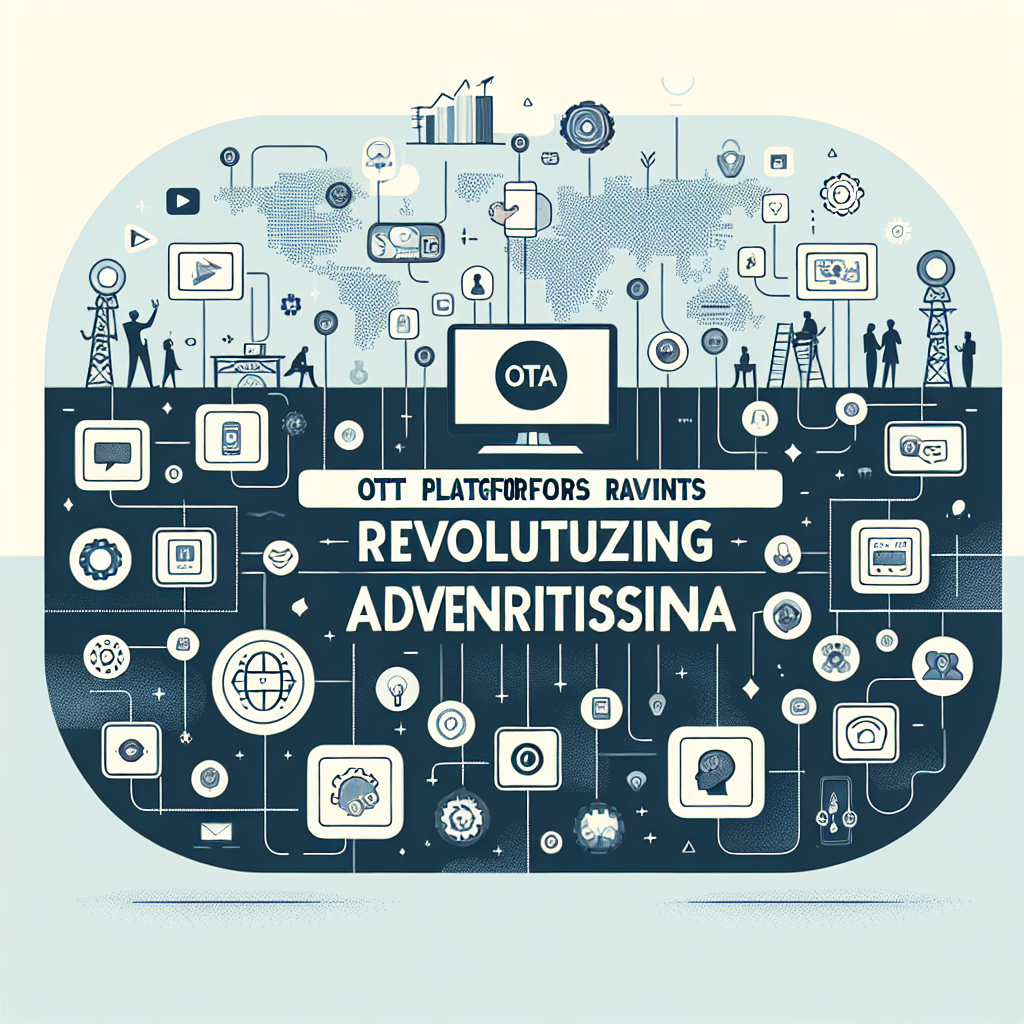WhatsApp Media Planning for Emerging Markets
Elena discovered WhatsApp's business potential during a family vacation in Mumbai, where she witnessed firsthand how the platform had become the primary communication channel for commerce and customer service. As the head of digital strategy for a European retail brand planning international expansion, she had been focusing on traditional social media and email marketing approaches. However, during her visit to local markets and shopping districts, she observed countless businesses using WhatsApp for everything from product catalogs to customer support and order management.
A conversation with her cousin, who managed a successful Mumbai-based jewelry business, revealed the transformative power of WhatsApp's Business API. The cousin showed Elena how their entire customer journey, from initial product discovery through post-purchase support, occurred within WhatsApp conversations. This revelation challenged Elena's assumptions about digital marketing channels and highlighted WhatsApp's potential as a comprehensive business communication platform rather than simply a messaging app.
Introduction
WhatsApp has evolved from a simple messaging application into a comprehensive business communication platform that serves over 2 billion users globally. The platform's dominance in emerging markets, combined with its recent business-focused features, creates unique opportunities for brands seeking to establish authentic, direct relationships with customers. Unlike traditional social media platforms that prioritize broad reach and engagement metrics, WhatsApp facilitates intimate, personalized conversations that mirror real-world business interactions.
The platform's business ecosystem centers on relationship building rather than advertising, fundamentally changing how brands approach customer acquisition and retention. WhatsApp Business API enables sophisticated customer relationship management capabilities while maintaining the personal, conversational feel that users expect from the platform. This approach aligns with emerging consumer preferences for authentic, direct brand communication rather than traditional advertising interruption.
Research from Facebook's Business division indicates that 80% of small and medium businesses in emerging markets use WhatsApp for customer communication, while 67% report increased sales directly attributable to WhatsApp conversations. These statistics highlight the platform's commercial potential beyond traditional messaging applications, particularly in markets where WhatsApp has become the primary digital communication channel.
The platform's unique position as both a personal communication tool and business platform creates opportunities for brands to engage customers throughout their entire lifecycle, from initial awareness through long-term relationship management. This comprehensive approach requires rethinking traditional marketing funnel concepts in favor of ongoing conversation-based relationship building.
1. Business API and Click to Chat Integration
WhatsApp's Business API serves as the foundation for sophisticated customer communication strategies that extend beyond simple messaging into comprehensive customer relationship management. The API enables businesses to create automated welcome messages, product catalogs, and structured conversation flows that guide customers through complex decision-making processes while maintaining the personal feel of individual conversations.
Click-to-chat functionality bridges the gap between traditional advertising channels and WhatsApp conversations, allowing brands to direct traffic from websites, social media, and other digital touchpoints directly into personalized WhatsApp interactions. This integration creates seamless customer journeys that progress from initial interest through detailed product discussions to final purchase decisions within a single communication channel.
The Business API's automation capabilities enable sophisticated conversation management that scales personal interactions without losing authenticity. Brands can create intelligent chatbots that handle routine inquiries while seamlessly transferring complex discussions to human representatives. This hybrid approach maintains efficiency while preserving the personal touch that makes WhatsApp conversations effective for business communication.
Advanced API implementations involve integrating WhatsApp conversations with existing customer relationship management systems, creating comprehensive customer profiles that include conversation history, purchase behavior, and preference data. This integration enables personalized communication at scale while maintaining detailed records of customer interactions across multiple touchpoints.
Product catalog integration within WhatsApp conversations allows brands to showcase their offerings directly within chat interfaces, eliminating the need for customers to navigate external websites or applications. This streamlined approach reduces friction in the customer journey while maintaining the conversational context that makes WhatsApp business interactions effective.
2. Limited Traditional Advertising with Powerful CRM Capabilities
WhatsApp's restricted advertising environment creates opportunities for brands to differentiate themselves through authentic relationship building rather than traditional promotional messaging. The platform's focus on personal communication means that business success depends on providing genuine value through helpful conversations rather than interrupting users with advertising content.
The absence of traditional advertising options forces brands to develop more sophisticated customer relationship strategies that prioritize long-term value creation over immediate conversion optimization. This approach aligns with emerging consumer preferences for authentic brand interactions and creates opportunities for differentiation in increasingly crowded digital marketing landscapes.
WhatsApp's CRM capabilities enable sophisticated customer segmentation and personalized communication that rivals traditional email marketing platforms while maintaining the immediacy and personal feel of messaging conversations. Brands can create detailed customer profiles based on conversation history, purchase behavior, and stated preferences, enabling highly targeted communication that feels personally relevant rather than broadly promotional.
The platform's real-time communication capabilities create opportunities for immediate customer service and support that traditional channels cannot match. Customers can receive instant responses to questions, immediate order updates, and personalized product recommendations within ongoing conversations that feel natural and helpful rather than promotional.
Advanced CRM strategies involve creating comprehensive customer journey mapping that guides users through entire purchase cycles within WhatsApp conversations. This approach requires understanding customer decision-making processes and creating conversation flows that provide appropriate information and support at each stage of the journey.
3. Relationship Building and Personalized Communication
WhatsApp's strength lies in its ability to facilitate genuine relationship building through personalized, one-on-one communication that mirrors real-world business interactions. Successful WhatsApp marketing strategies focus on creating authentic connections that provide ongoing value rather than seeking immediate transactions.
Personalized communication on WhatsApp involves understanding individual customer preferences, purchase history, and communication styles to create tailored interactions that feel genuinely helpful rather than automated. This approach requires investing in customer service training and conversation management systems that enable meaningful personalization at scale.
The platform's group messaging capabilities create opportunities for community building around brand interests, product categories, or customer segments. These groups can serve as spaces for customer education, product announcements, and peer-to-peer support that builds brand loyalty while reducing customer service demands.
Relationship building strategies involve creating ongoing conversation touchpoints that provide value beyond immediate purchase decisions. Brands can share relevant industry insights, seasonal tips, maintenance advice, and personalized recommendations that maintain engagement between transactions while building long-term customer relationships.
Advanced relationship management involves creating comprehensive customer lifecycle communication strategies that guide customers through onboarding, product education, purchase support, and long-term retention within ongoing WhatsApp conversations. This approach creates customer experiences that feel continuously supportive rather than transactionally focused.
Case Study: Unilever's WhatsApp Commerce Success in Brazil
Unilever's Brazil division demonstrates exceptional WhatsApp strategy through their comprehensive approach to customer communication and commerce integration. The consumer goods company created an integrated WhatsApp presence that combines product education, customer service, and direct sales within personalized conversation experiences.
The company's WhatsApp strategy involves creating detailed customer profiles based on conversation history, product preferences, and purchase behavior. Their customer service representatives use this information to provide personalized product recommendations, usage tips, and promotional offers that feel genuinely helpful rather than broadly promotional. This approach has resulted in significantly higher customer satisfaction scores compared to traditional customer service channels.
Unilever's WhatsApp implementation includes sophisticated automation that handles routine inquiries while seamlessly transferring complex discussions to human representatives. Their chatbot system provides instant responses to common questions about product ingredients, usage instructions, and availability while maintaining the personal feel of individual conversations.
The company's integration of WhatsApp with their existing CRM systems creates comprehensive customer journey tracking that spans multiple touchpoints and communication channels. This integration enables personalized communication that references previous interactions, purchase history, and stated preferences, creating customer experiences that feel continuously supportive and relevant.
Unilever's WhatsApp strategy produced a 45% increase in customer retention rates and 38% higher average order values compared to traditional e-commerce channels. Their customer satisfaction scores for WhatsApp interactions consistently exceed other communication channels, with 89% of customers reporting preference for WhatsApp over email or phone support.
Conclusion
WhatsApp's emergence as a business communication platform represents a fundamental shift toward relationship-based marketing that prioritizes authentic connections over traditional advertising approaches. The platform's focus on personal communication creates opportunities for brands to build lasting customer relationships while maintaining the efficiency and scalability needed for business success.
Success on WhatsApp requires understanding the platform's conversational nature and investing in systems and training that enable meaningful personalization at scale. The platform's CRM capabilities and direct communication model create opportunities for customer relationship management that extends beyond traditional marketing metrics into genuine business relationship building.
The absence of traditional advertising options on WhatsApp forces brands to develop more sophisticated customer relationship strategies that focus on long-term value creation rather than immediate conversion optimization. This approach aligns with evolving consumer preferences for authentic brand interactions while creating sustainable competitive advantages.
Call to Action
For businesses seeking to leverage WhatsApp's relationship-building potential, begin by implementing Business API systems that enable sophisticated customer communication while maintaining personal authenticity. Develop comprehensive customer journey mapping that guides users through entire purchase cycles within WhatsApp conversations. Consider WhatsApp not as another marketing channel but as a comprehensive customer relationship platform that enables ongoing value creation through authentic, personalized communication.
Featured Blogs
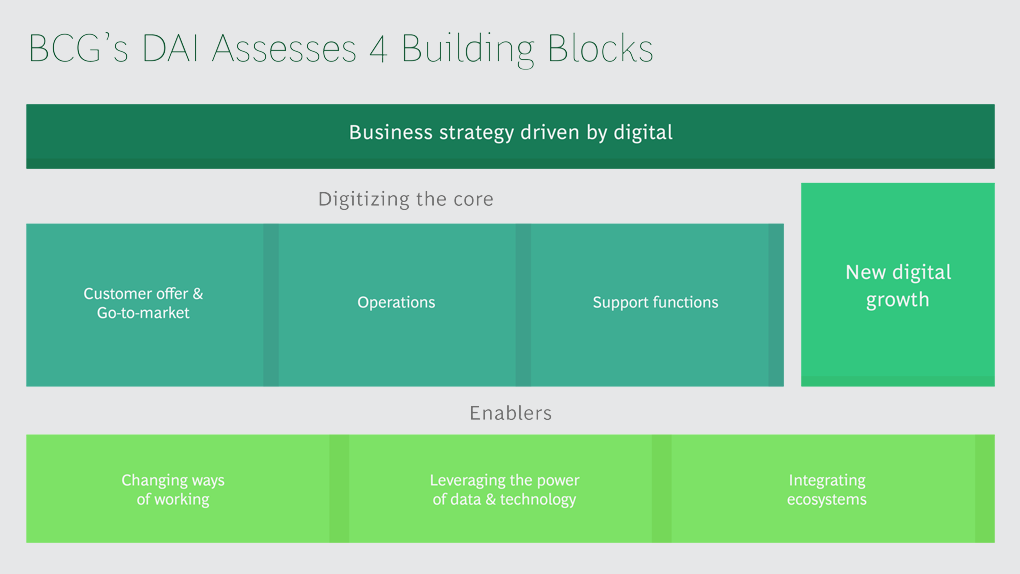
BCG Digital Acceleration Index
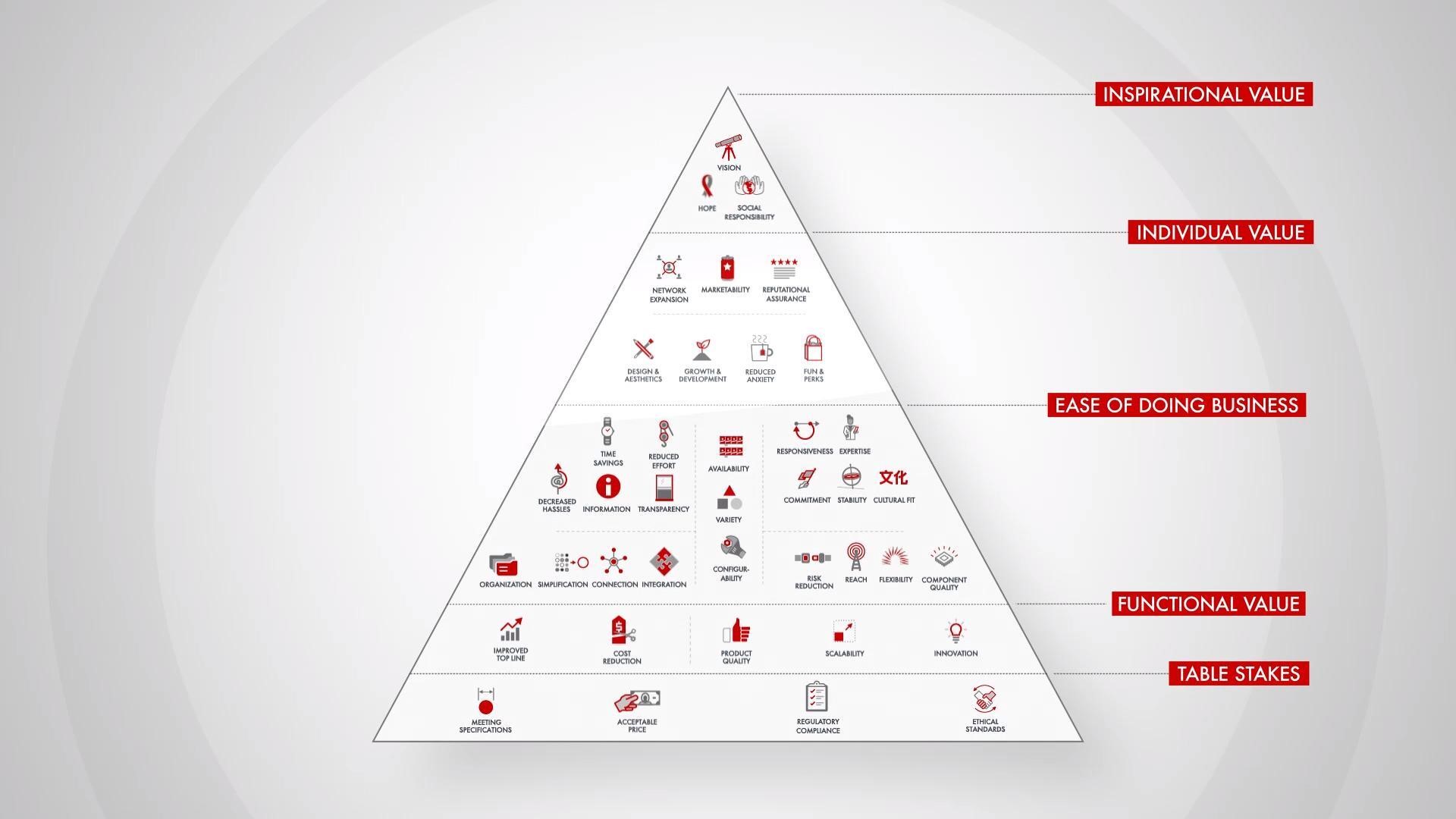
Bain’s Elements of Value Framework
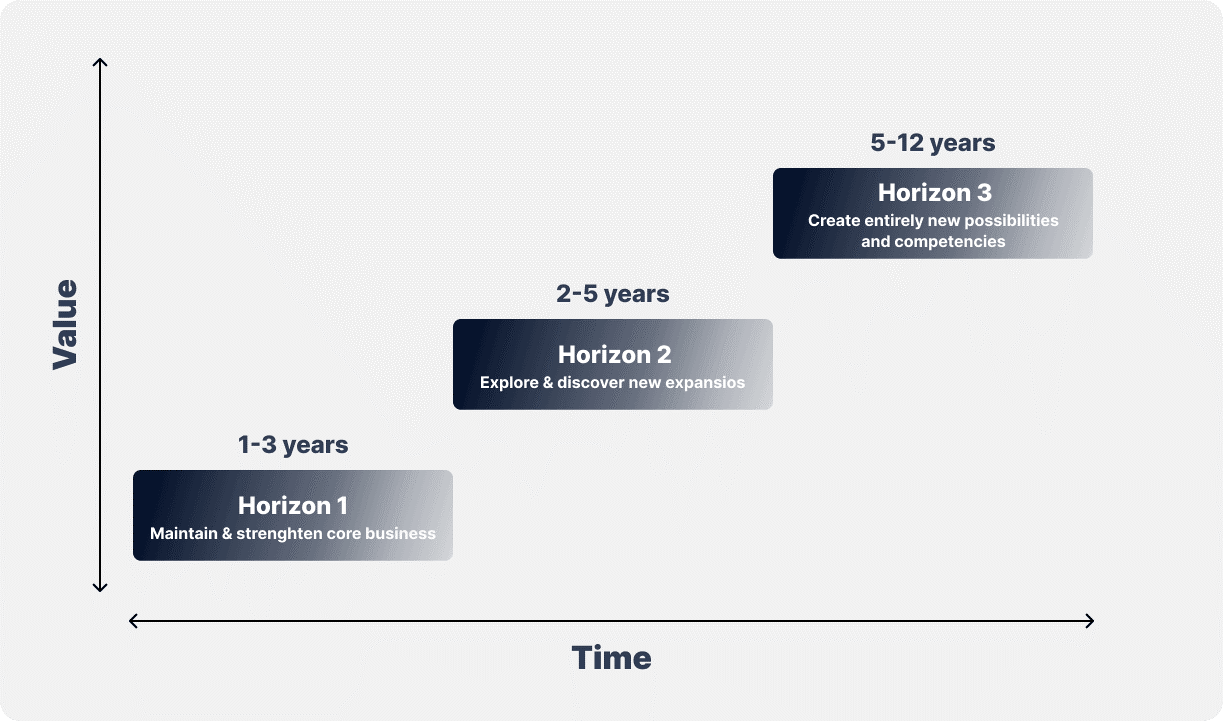
McKinsey Growth Pyramid
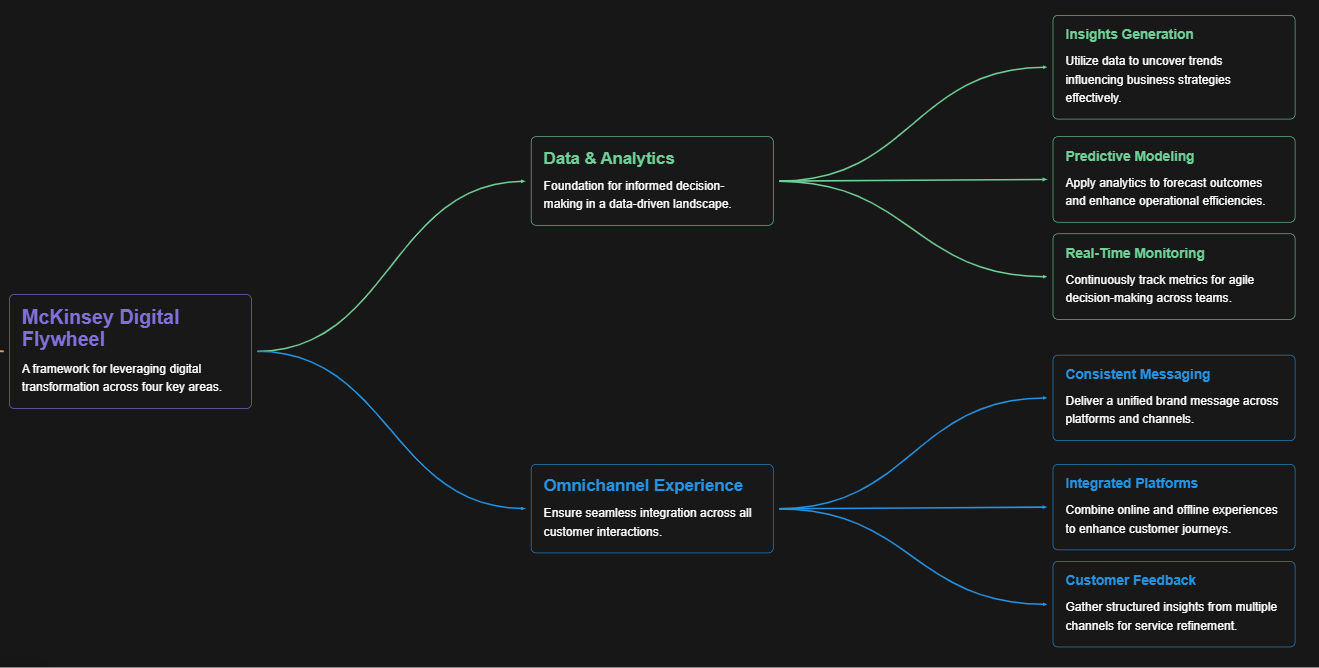
McKinsey Digital Flywheel
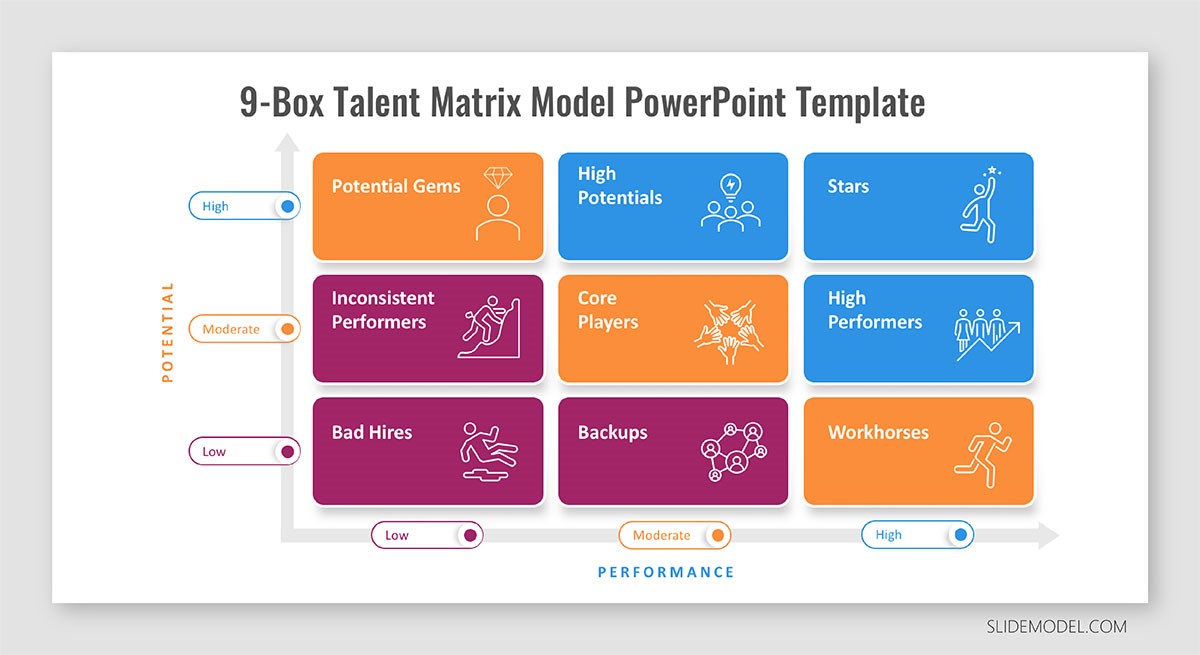
McKinsey 9-Box Talent Matrix
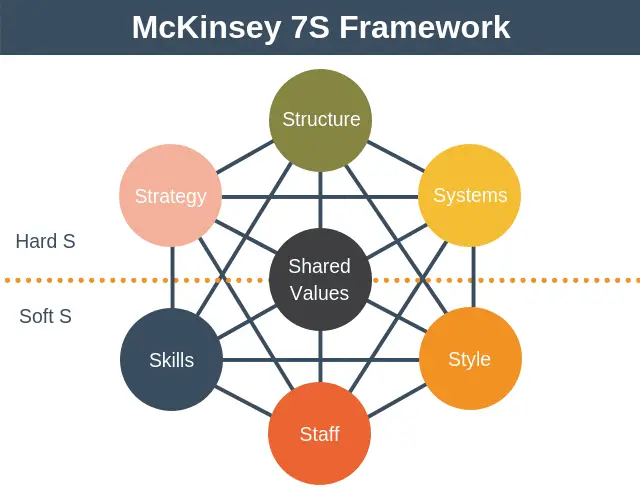
McKinsey 7S Framework
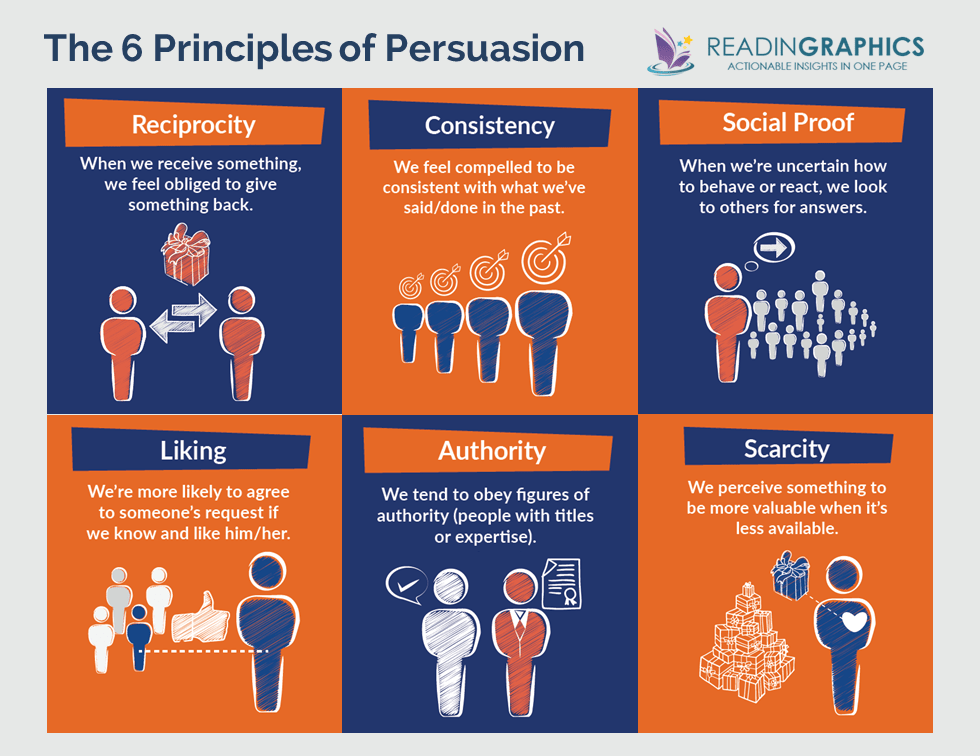
The Psychology of Persuasion in Marketing
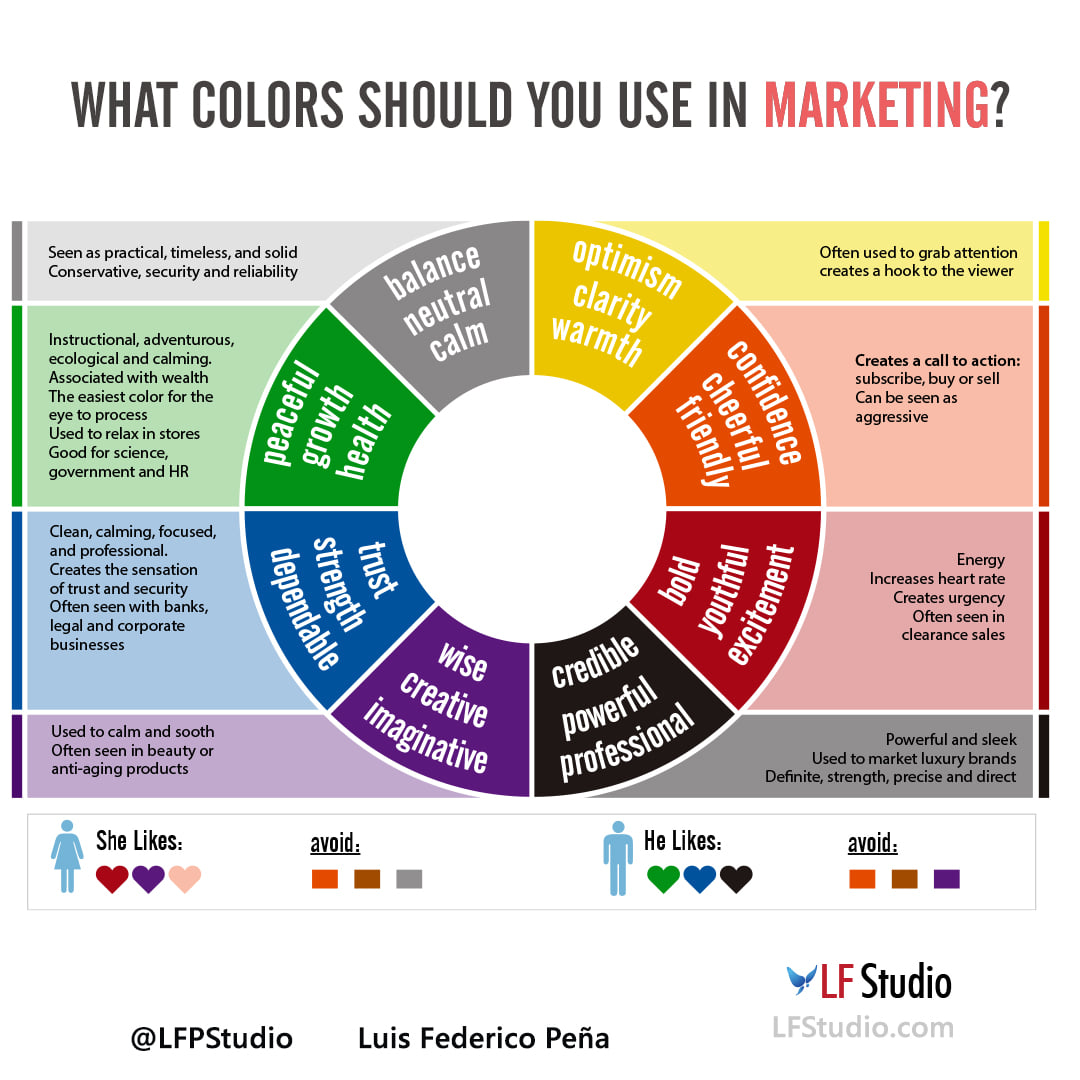
The Influence of Colors on Branding and Marketing Psychology





